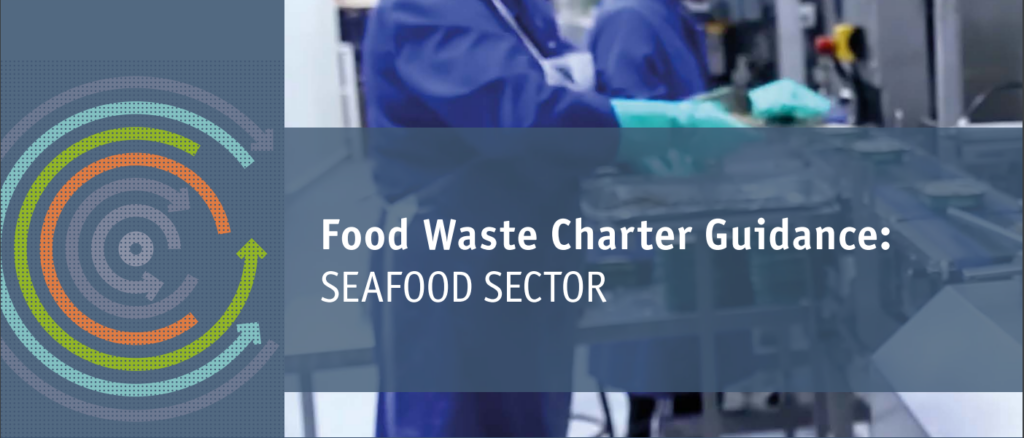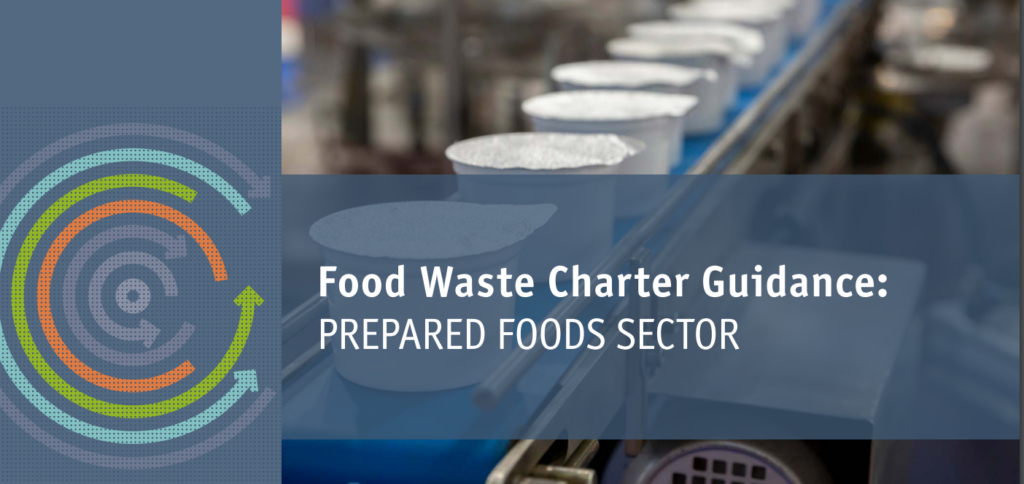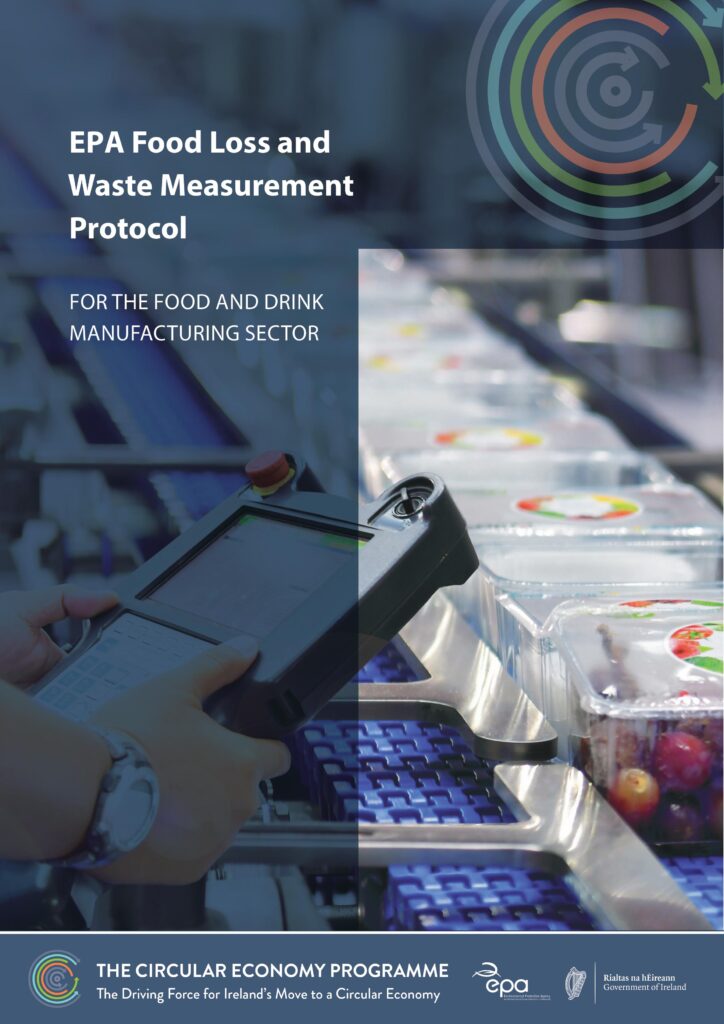Food Waste Charter Guidance: SEAFOOD SECTOR

Tackling food waste is one of the key steps we can all take to help combat climate change and support Ireland’s transition to a circular economy. This guidance provides a checklist of actions for those in the Seafood sector to help measure your organisation’s progress in taking action to reduce food waste, along with some case studies to inspire you.
Food Waste Charter Guidance: PREPARED FOODS SECTOR

Tackling food waste is one of the key steps we can all take to help combat climate change and support Ireland’s transition to a circular economy. This guidance provides a checklist of actions for the Prepared Foods sector to help measure your organisation’s progress in taking action to reduce food waste, along with some case studies to inspire you.
Food Waste Charter Guidance: BAKERY SECTOR

Tackling food waste is one of the key steps we can all take to help combat climate change and support Ireland’s transition to a circular economy. This guidance for bakeries provides a checklist of actions to help measure your organisation’s progress in taking action to reduce food waste, along with some case studies to inspire you.
EPA Food Waste Measurement Protocol Excel Workbook for Manufacturing

Download the EPA Food Waste Measurement Protocol Excel workbook for food and drink manufacturing businesses. The workbook will help to gather and collate relevant data and estimate all food waste related flows. (xlsx file)
EPA Food Waste Measurement Protocol for Manufacturing Sector

The EPA Food Waste Measurement Protocol for the Food and Drink Manufacturing sector provides a consistent method to measure food waste. It provides a step-by-step guide to help collate relevant data and inform food waste reduction decisions.
